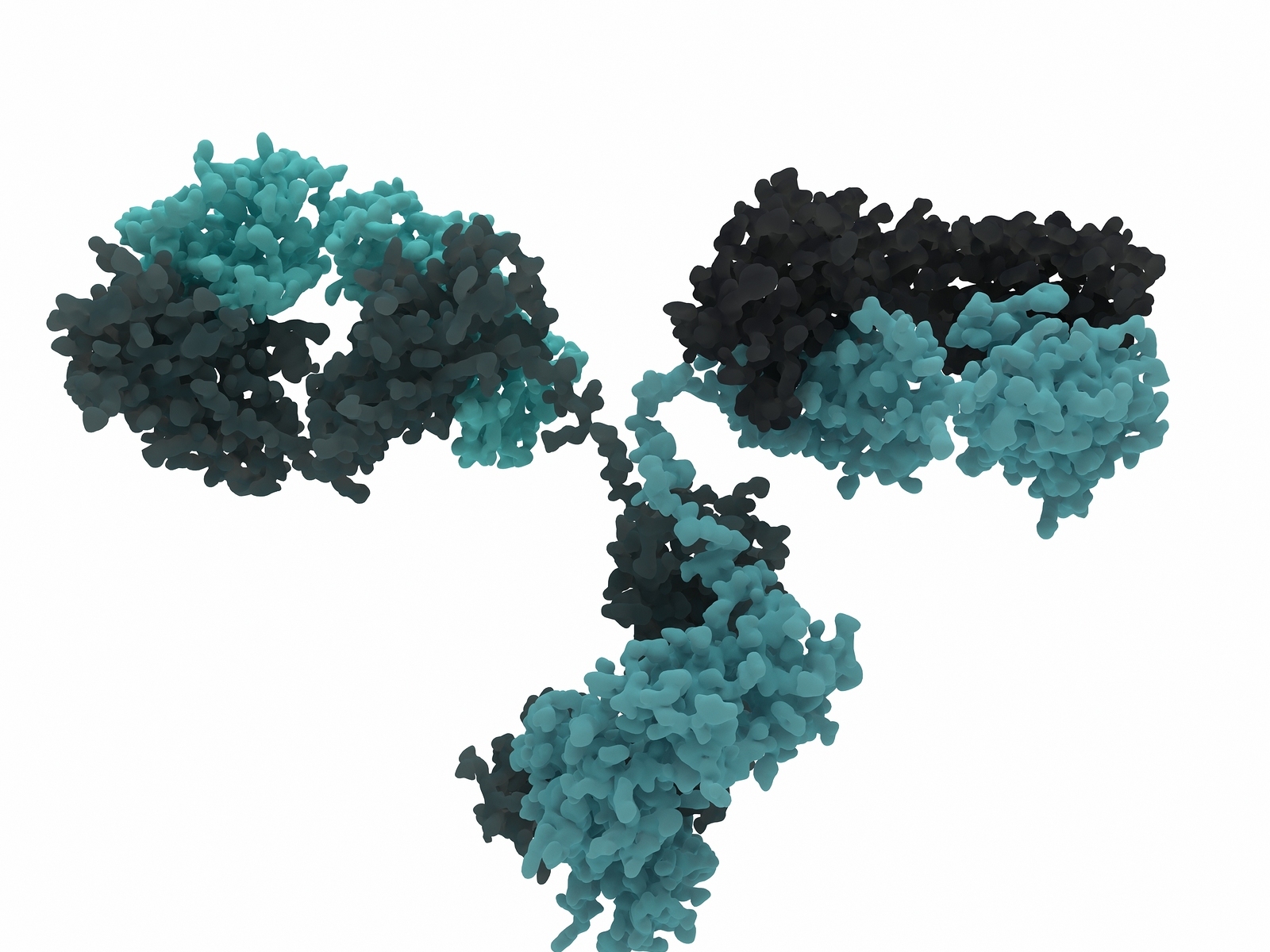Fecal Secretory IgA is a marker of gut secretory immunity and barrier function.
(IgA) is an antibody playing a critical role in mucosal immunity and is produced in greater quantities than all other types of antibody combined.
In its secretory form, Secretory IgA is the main immunoglobulin found in mucous secretions and provides protection against potentially pathogenic microbes, due to its ability to resist degradation by enzymes and survive in harsh environments such as GI and respiratory tracts.
Secretory IgA is the first line of defense against:
- bacteria,
- food residues,
- yeast,
- parasites
Viruses, and imbalances may provide the link between gut imbalances and systemic illness. Deficiency of sIgA is a common finding with, Lifestyle, stress and nutritional factors all able to influence levels.
- Lifestyle and nutritional factors influence levels
- Choline, EFA’s, glutathione, glycine, phosphatidylcholine, Vitamin C & zinc are all needed for efficient production
How to normalize Secretory IgA
If high:
- High levels of Secretory IgA might reflect an activated immune response to chronic infections including viral infections such as EBV (Epstein–Barr virus), CMV (Cytomegalovirus), HIV, and/ or inflammatory reactions.
- High level of Secretory IgA may also indicate an infection of the digestive system or inflammatory conditions such as Crohn’s disease or ulcerative colitis.
- Some people can also have a partial sIgA deficiency which isn’t genetic and is caused by environmental or lifestyle factors such as poor diets, nutrient deficiencies, certain drugs (including anti-inflammatories), viruses, impaired immune function and excessive stress.
Assess for and treat root causes of immune up-regulation / inflammation:
- Consider food antibody testing
- Consider an elimination diet
- Further consult your healthcare professional
If low:
Secretory immunoglobulin A (sIgA) deficiency is a less known but a significant aspect of having good immunity and a well-functioning digestive system, to name a few. Low levels are commonly seen in individuals with low immune system, food allergies, bacterial overgrowth of the small intestine (SIBO), chronic Candida, coeliac disease, inflammatory bowel diseases and parasitic infections. Several studies [1] link stress and negative emotions with low levels of sIgA. Secretion is adversely affected by stress which is mediated by cortisol produced by the adrenal glands. Therefore low sIgA levels are often present in adrenal depletion / adrenal fatigue/ adrenal exhaustion.
- Patients deficient in Secretory IgA are susceptible to pathogens in the G.I tract
- There is a particularly high prevalence of IgA deficiency in coeliacs
- Ulcerative colitis and Crohn’s patients all have low Secretory IgA.
References:
Disclaimer:
The information on healthmatters.io is NOT intended to replace a one-on-one relationship with a qualified health care professional and is not intended as medical advice.


